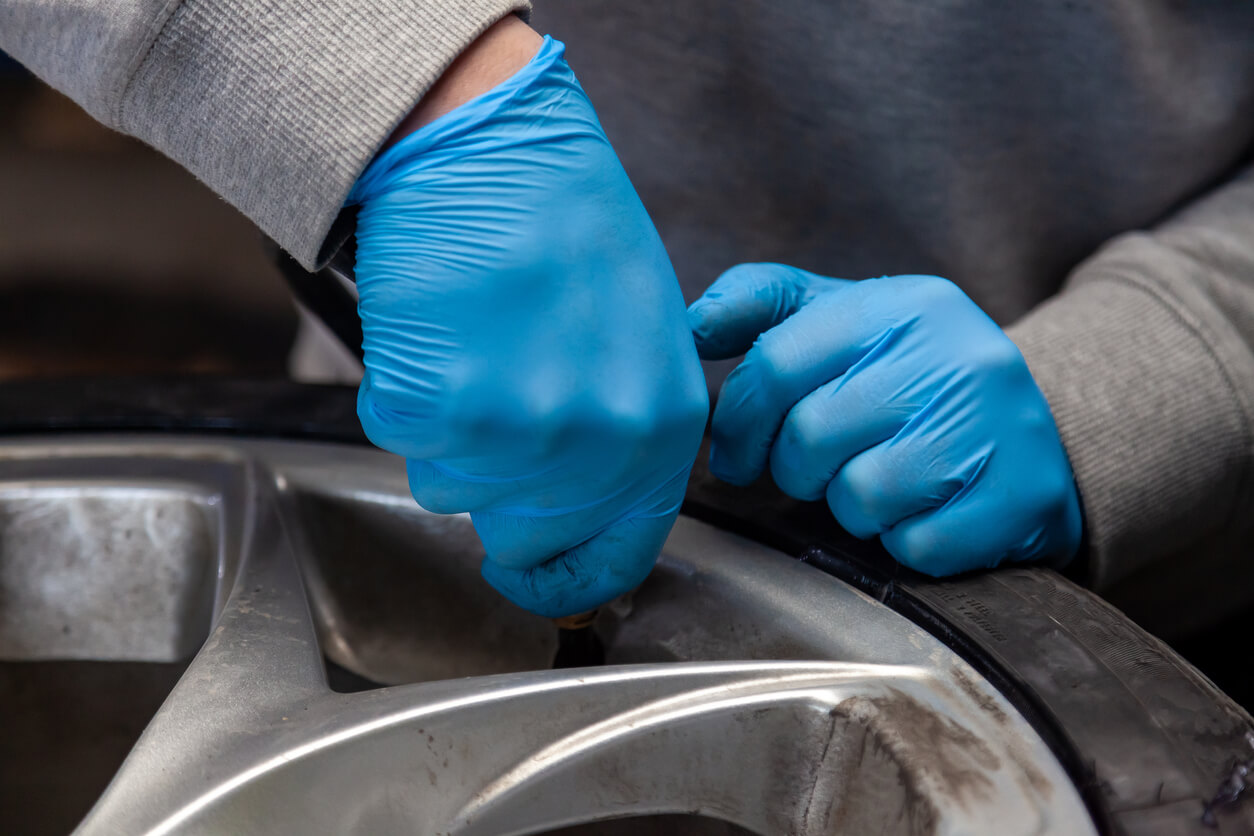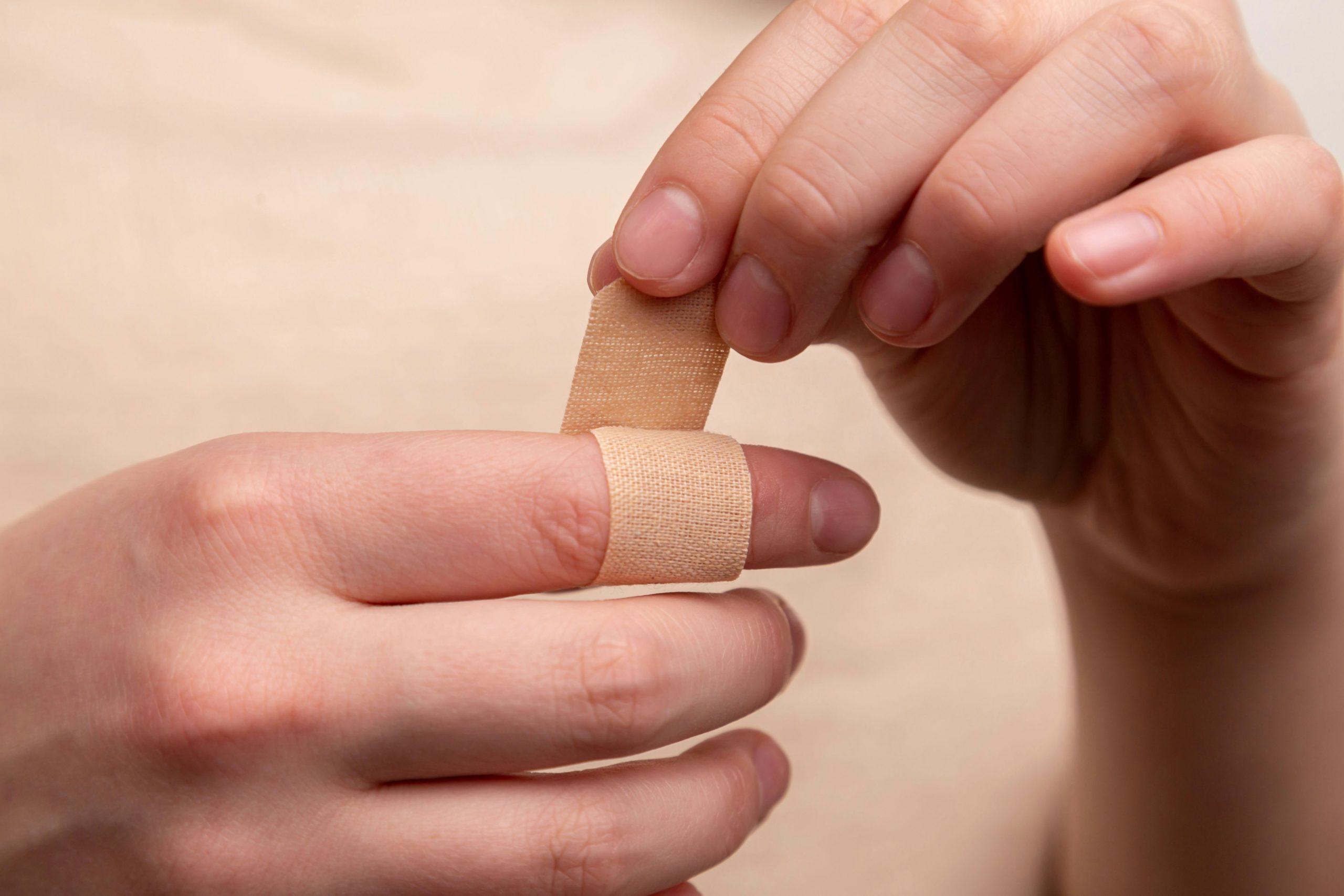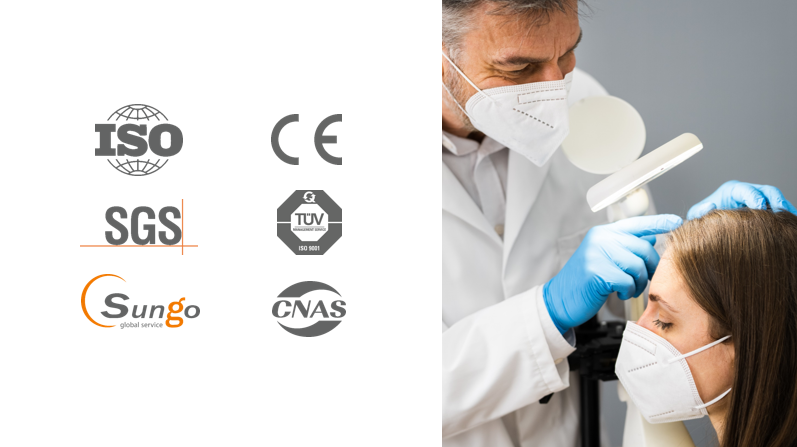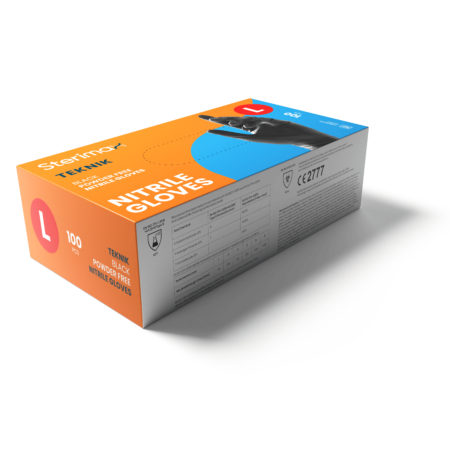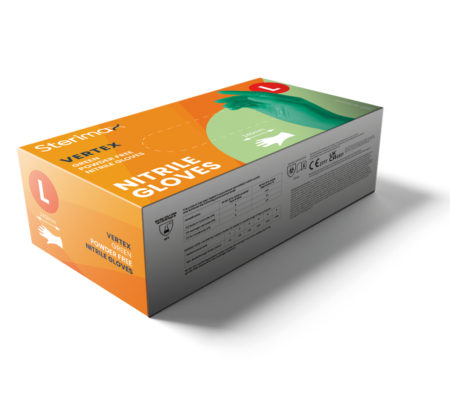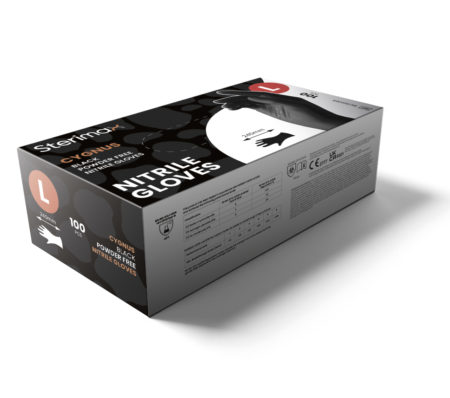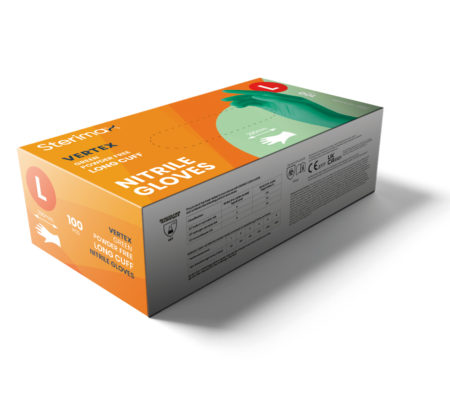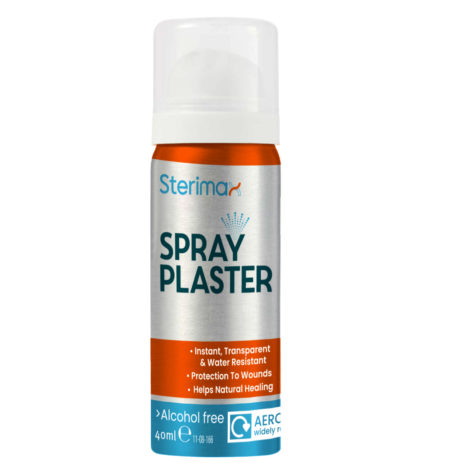Paint thinners are fantastic for thinning out paints and enamels and keeping equipment clean, but they are packed with harsh solvents that can do a number on your skin. We’re talking irritation, cracking, peeling – the whole works.
Disposable gloves can protect your hands from paint thinners. Still, not all disposable gloves can handle solvents like toluene, xylene, acetone, and methyl ethyl ketone.
The dangers of paint thinner exposure
Using paint thinners day after day can put your health at serious risk. With repeated exposure, either by breathing in the fumes or getting the liquid on your skin, you could have skin irritation, hives, headaches, dizziness, liver damage, and kidney failure – and these are just a few of the problems you could face down the road.
Of course, it is perfectly possible to safely work with paint thinners, as millions do daily – but you need the proper protection.
Choosing suitable gloves for handling paint thinners
You must be picky about your gloves when dealing with chlorinated chemicals like paint thinners. Not just any old thing will cut it. Latex gloves seem like a good idea, but the latex breaks down fast when exposed to those harsh solvents. The exception is protection against ketones such as acetone, where natural latex is the best option.
Vinyl is another material that breaks down fast when exposed to paint thinners – it wets out too quickly, letting vapours penetrate inside.
Your best bet is nitrile gloves. These stand up to the toxic stuff in paint thinners. Nitrile gloves are made from synthetic rubber – way more resistant than latex or other materials. Petroleum-based chemicals can’t penetrate nitrile as quickly, so those dangerous solvents have a tough time destroying the integrity of the gloves.
Just get nitrile gloves thick enough to hold up over time. And keep an eye out for thinning and holes developing – that’s your sign it’s time to swap out your gloves. Going too long with compromised gloves puts your skin at risk.
Chemical handling gloves
Another option for handling paint thinners is chemical handling gloves, which are significantly thicker than disposable gloves and ideally suited to handling hazardous and caustic chemicals in liquid and powder form.
The downside to chemical handling gloves is the lower dexterity and feel through the gloves, making them less suitable for precise applications.
The hazards of soaked gloves
Even high-quality, chemical-resistant nitrile gloves become unsafe after being utterly saturated with paint thinner. Once soaked, the additional solvents penetrate the glove material faster, increasing permeation rates.
Workers may be tempted to continue wearing soaked gloves to finish a job. However, this puts their hands at significant risk as the thinners make direct contact with the skin – burns and blisters can develop quickly under these conditions.
Find out more
We specialise in the supply of disposable gloves and PPE for the medical, automotive, maritime, and manufacturing sectors. Contact us anytime for advice on choosing the best gloves for paint thinners.
